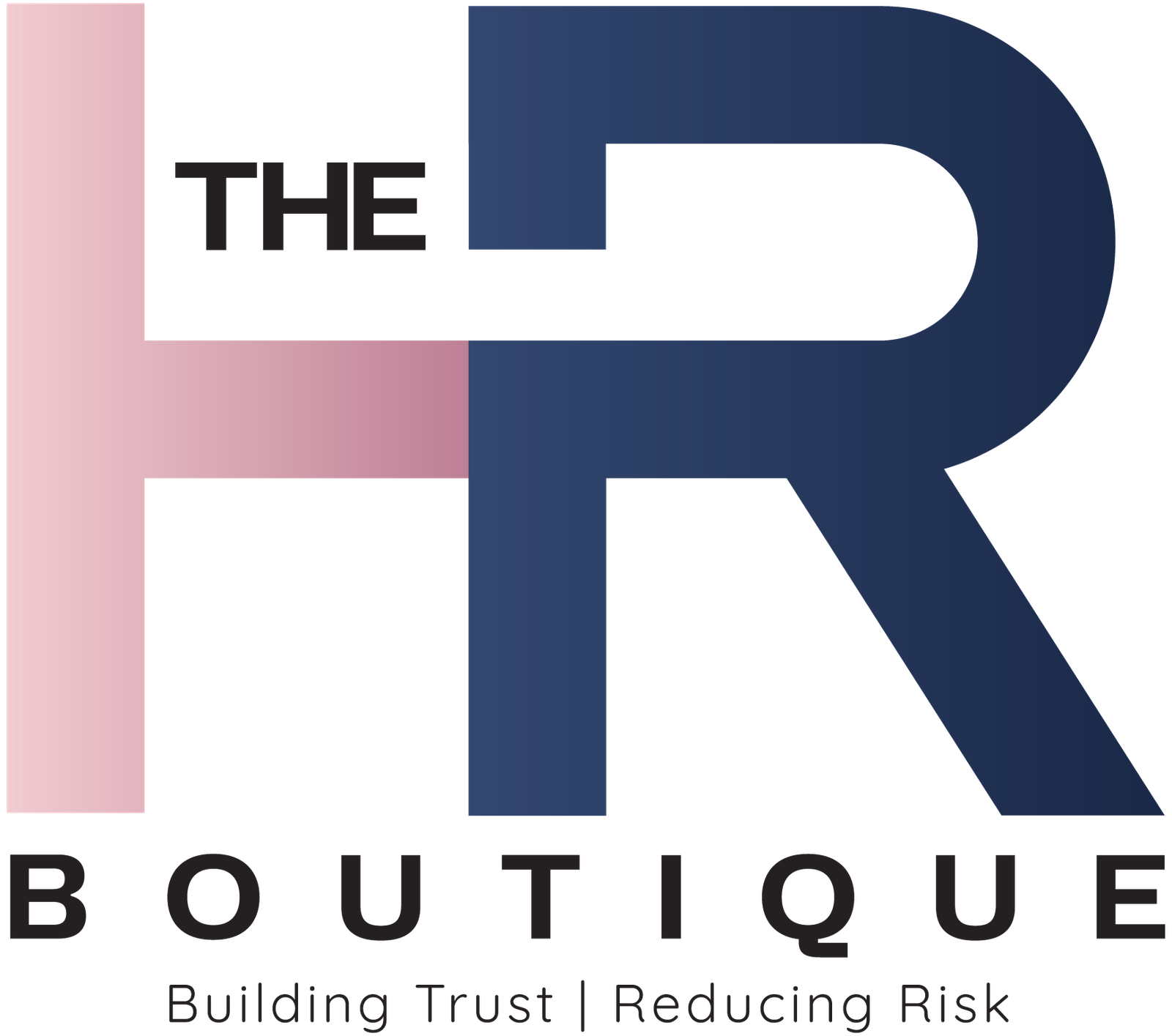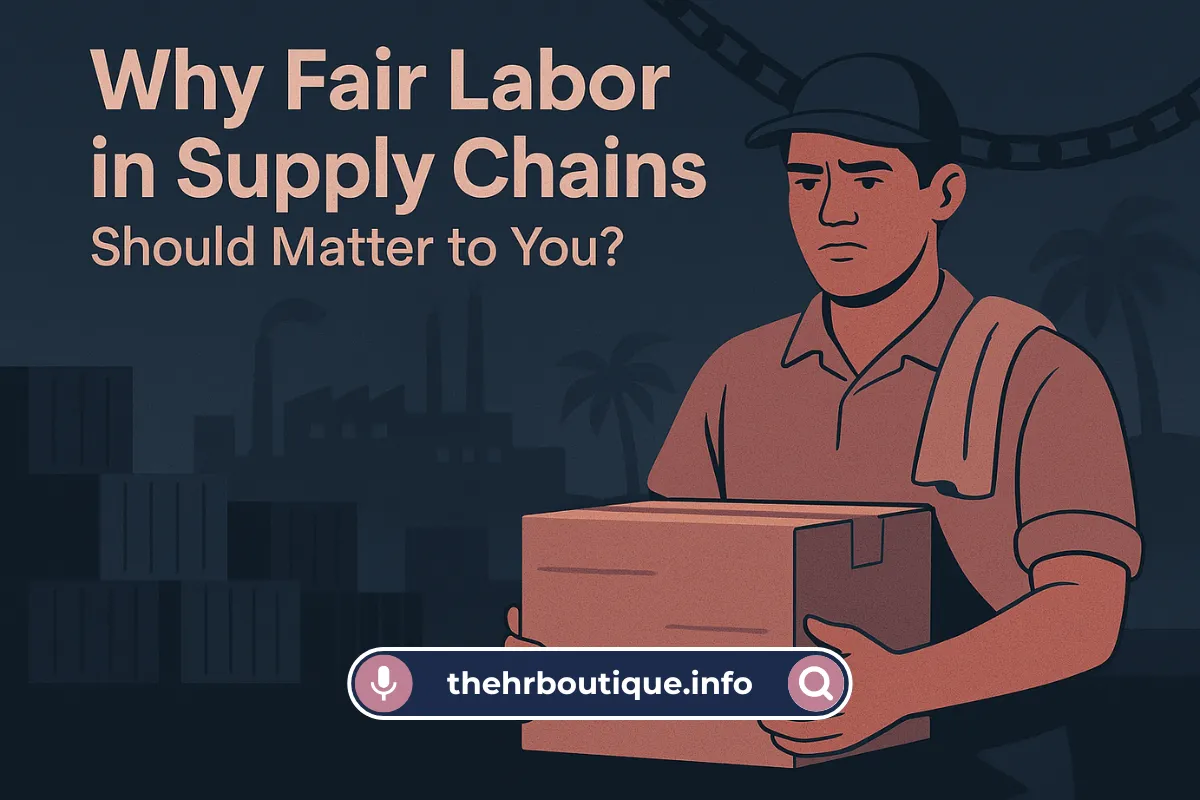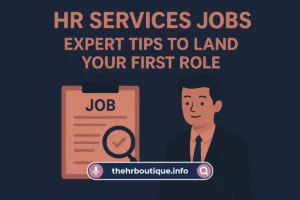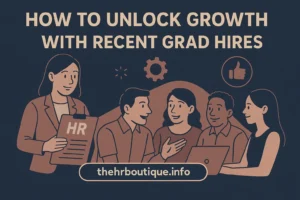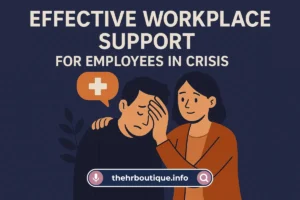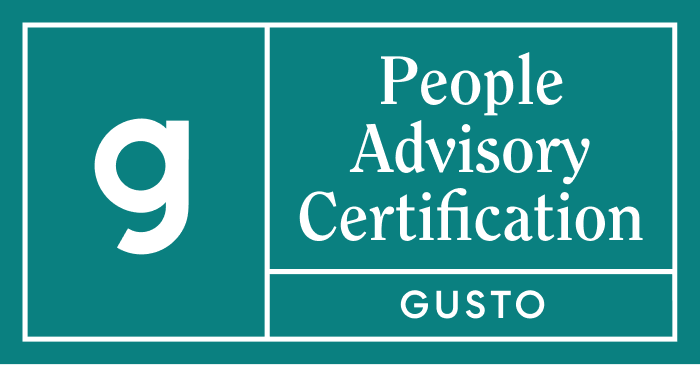Let’s be real – when you buy a $5 t-shirt or the latest smartphone, do you ever wonder who made it? Most of us don’t. But behind every cheap product, there’s often a hidden human cost.
I used to think “supply chains” were just boring business stuff – until I met Maria.
Who’s Really Making Your Stuff?
Maria works in a garment factory in Bangladesh. She’s 23, works 14-hour days, and still can’t afford three meals for her kids. Her story isn’t rare.
Shocking realities in global supply chains:
- Over 25 million people are in forced labor right now (ILO data).
- Some Nike factories in the 90s paid workers 20 cents an hour.
- Even today, many chocolate companies use child labor in West Africa.
“We don’t see the workers, but we wear their labor every day.” – Former garment worker
Why Should You Care?
1. It’s Probably in Your Home Right Now
That phone in your pocket? The coffee you drank this morning? There’s a good chance they passed through hands that weren’t treated fairly.
2. Companies Won’t Change Unless We Make Them
Remember when Apple got caught using Foxconn factories with suicide nets? They only improved conditions after massive public pressure.
3. New Laws Are Coming (Finally!)
Countries are starting to hold companies accountable:
- Germany’s Supply Chain Act fines companies up to 2% of their global revenue.
- California’s Transparency Act requires slavery disclosures.
- EU’s upcoming rules will be even stricter.
How Companies Get Away With It?
The supply chain shell game:
- Big Brand hires “ethical” Factory A.
- Factory A secretly subcontracts to Sweatshop B.
- Sweatshop B uses illegal labor.
- Big Brand claims, “We didn’t know!”.
Classic corporate excuses:
- “It’s our supplier’s supplier – not our problem.”
- “We have a code of conduct (that no one follows).”
- “Audits? Oh, we did one… five years ago.”
What Actually Works to Fix This?
From my years researching this, here’s what makes real change:
For Businesses:
- Go see your factories (no more Zoom audits).
- Pay living wages (not just minimum wages).
- Protect whistleblowers (most abuses get covered up).
For Consumers:
- Check apps like Good On You before shopping.
- Ask brands tough questions on social media.
- Support B Corps that prove their ethics.
The Good News
Some companies are getting it right:
- Patagonia traces every material to its source.
- Tony’s Chocolonely pays cocoa farmers 40% more.
- Everlane shows you every factory they use.
What can you do Today?
- Take the 1-minute challenge – Next time you shop, check just one item’s origins.
- Share this post – Most people don’t know this stuff.
- Email a brand – Ask, “How do you ensure no forced labor in your supply chain?”.
Change starts when we stop looking away. Those $5 shirts? They cost someone else much more.
What’s one ethical switch you’ll make this week? Drop it in the comments.
